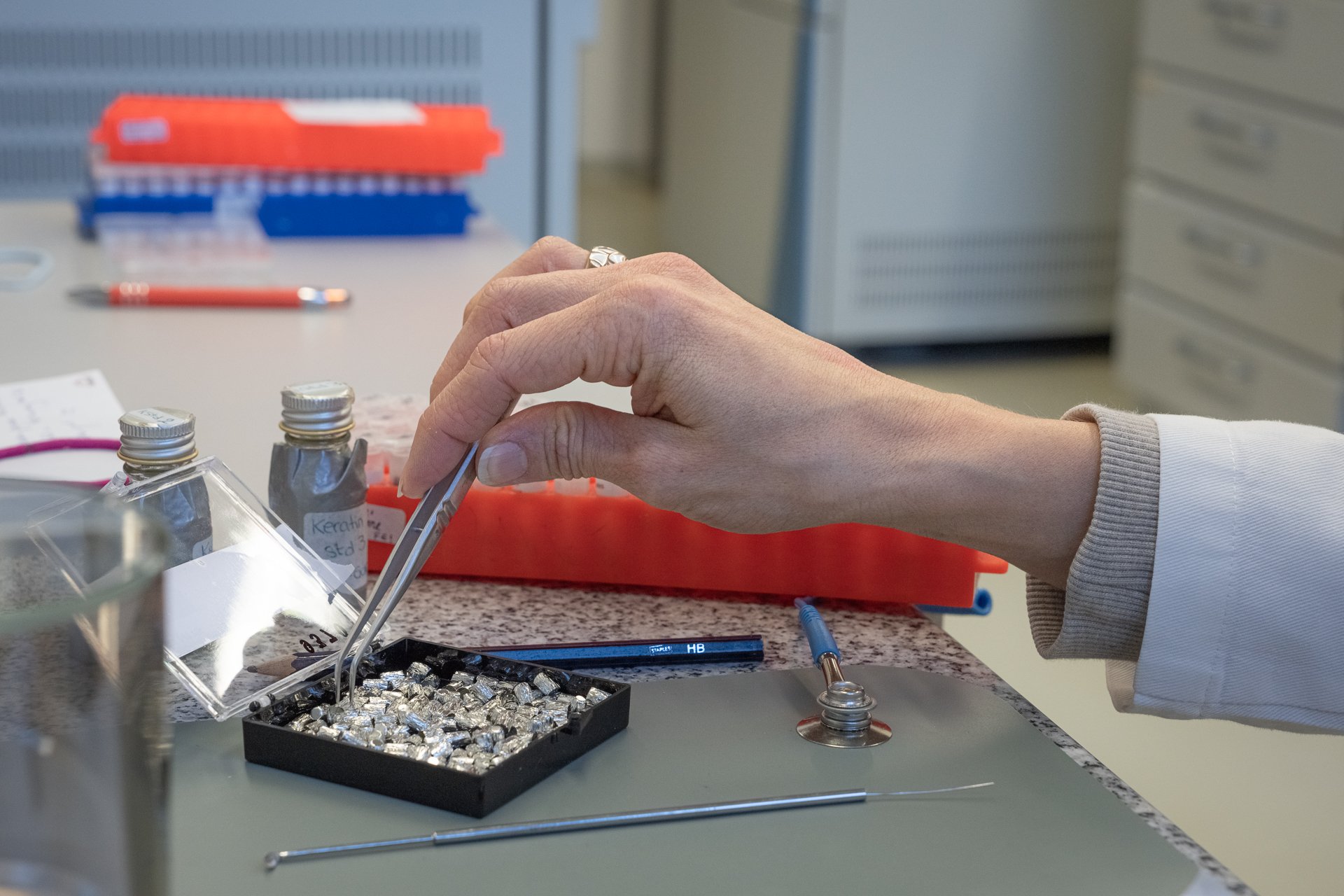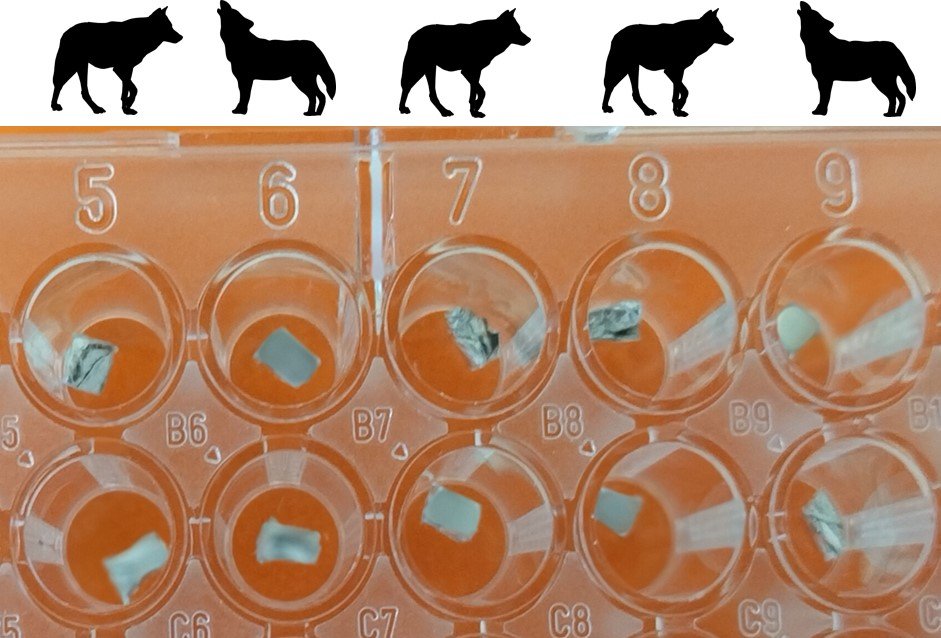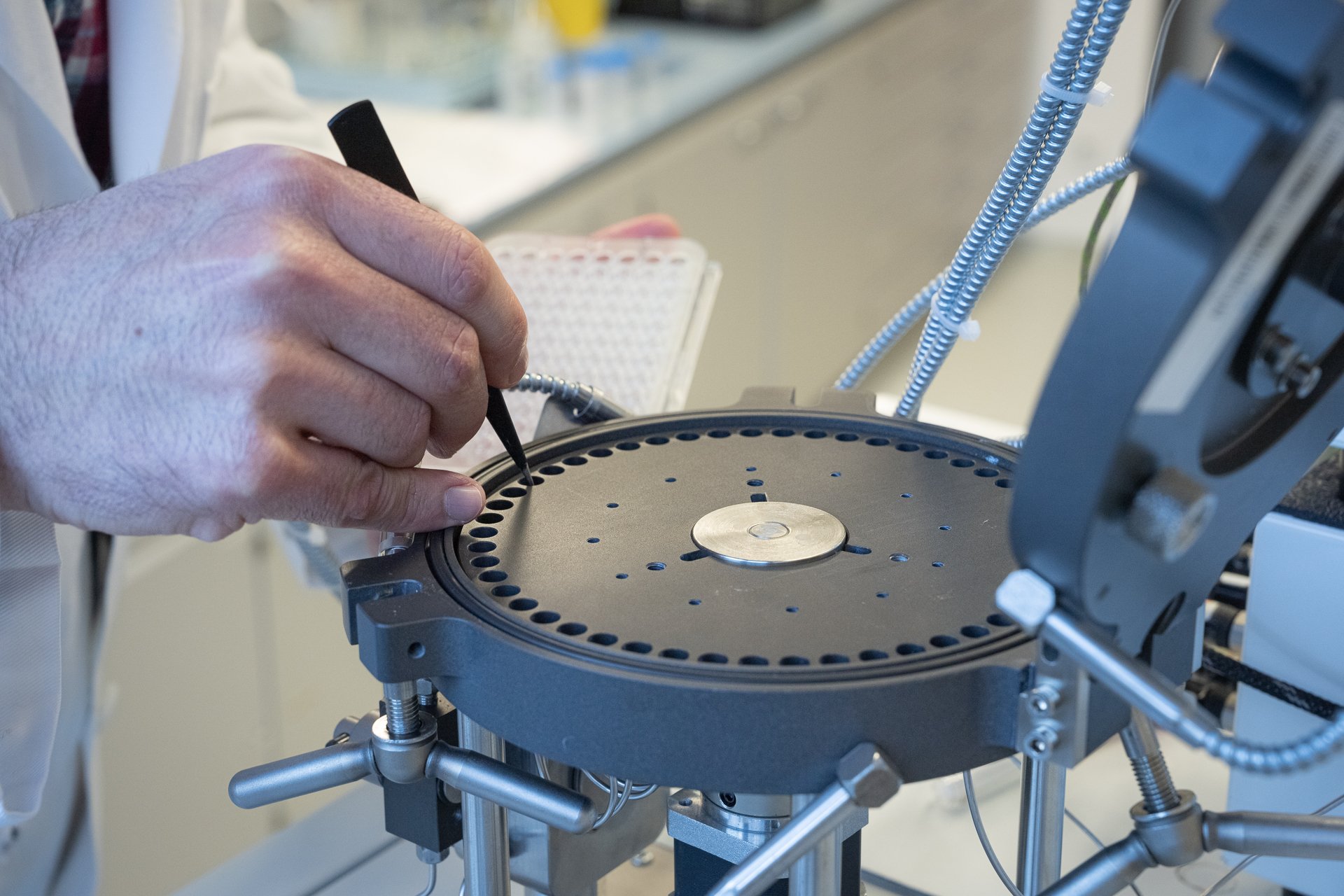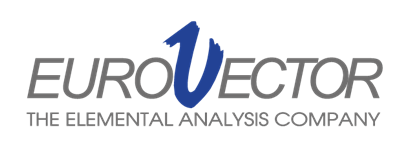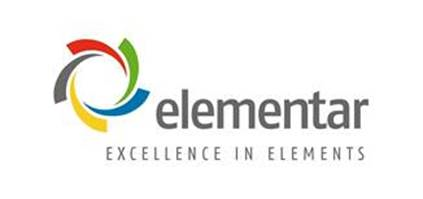WORKSHOP - in person
Content
The course is built up from the bi-annual International Summer School on Stable Isotopes in Animal Ecology organized by Dr. Christian Voigt since 2014. We have invited a diverse team of internationally renowned experts to introduce the participants to the various interlinked fields using stable isotopes (in alphabetical order): Alexandre Courtiol (IZW, Germany), Keith Hobson (University of Western Ontario, Canada), Ioannis Matiatos (Hellenic Centre for Marine Research, Greece), Matthias Pilecky (Danube University Krems, Austria), Carsten Schubert (Eawag, Switzerland), David Soto (IZW, Germany), Christian Voigt (IZW, Germany), Yuliya Vystavna (IAEA, Austria), and Len Wassenaar (WasserCluster Lunz, Austria).
The course is designed for graduate (master and PhD) and early career researchers (postdocs and beyond) to familiarize themselves with the concepts, methods, and approaches related to the analysis of stable isotopes for natural sciences. We will cover areas of applications of stable isotope analysis in natural sciences, from animal ecology and physiology, animal migration, and aquatic sciences, to biogeochemistry, paleo-environmental reconstructions, environmental sciences, and hydrology.
Our course is divided into three parts: The first part will cover the conceptual and theoretical introduction in the respective fields. Also, participants will have the opportunity to present their own work and discuss results with the experts and among peers. During the second part, participants will get introduced to the practical aspects of stable isotope analysis including sample collection and preservation, QA/QC, and laboratory work using state-of-the-art isotope ratio mass spectrometers and laser spectrometers for the analysis of nitrogen, carbon, and hydrogen isotopes. Further, we will elaborate on the analysis of non-exchangeable hydrogen in organic matrices. Lastly, the third part will be focused on the statistical and spatial approaches of analysing stable isotope data by using R-packages, e.g. for the identification and quantification of sources (mixing models, MixSIAR), for isotopic niches comparison (isotope ellipses, SIBER), for building isoscapes and geographic assignment of animal samples (IsoriX).
Participants will have the opportunity to: (1) present their own research project, (2) meet international experts in the area of stable isotopes, (3) engage in social events, such as a BBQ and zoo visits, (4) enjoy the pleasant city of Berlin, including a tour of the city and a visit to the Museum of Natural History.
Programme
Programme overview
Speakers
-
Initially trained as an evolutionary biologist with an additional emphasis on applied statistics, Alex has adopted ecology, demography and conservation biology over the years to conduct research on diverse populations of birds and mammals. Fluent in the programming language R, he also develops software for other people to use and is the creator and maintainer of IsoriX, an R package for isoscape computation and inference of spatial origins using mixed models.
Tentative titles of the talks:
A short introduction to R (a course to bring everyone to a level sufficient for them to follow the practical sessions (short introduction to R & RStudio IDE, R package installation, basic R commands, plots…)
IsoriX: an R package for building isoscapes and inferring the geographic origin of organisms using mixed models (a course to introduce how to create isoscapes with the R package IsoriX and how to perform assignment of samples of unknown origins)
Content of the talks:
R, R-packages, Isoscapes modeling, Geographical assignment
-
Dr. Keith A. Hobson is a senior research scientist with Environment and Climate Change Canada in Saskatoon, SK, since 1992 and is currently affiliated with Western University in London, ON, as a professor in Biology since 2015. Among numerous awards, Dr Hobson is a Fellow of the American Ornithologist’s Union (2004; now AOS), the Royal Society of Canada (2013) and the International Ornithologist’s Union (2018). He has pioneered the use of naturally occurring stable isotope measurements to investigate the nutritional ecology and movements of migratory birds and insects and has published over six hundred peer-reviewed scientific papers and co-edited a key textbook (2019, Elsevier) on using stable isotopes to track migratory animals.
Tentative title of the talk:
Tracking animal migration with stable isotopes
Content of the talk:
Isoscapes, Techniques and approaches, Terrestrial ecosystems, Challenges
-
Dr. Ioannis Matiatos is an isotope hydrologist with research interests focusing on water pollution, surface water-groundwater interactions, hydrogeochemical and biogeochemical processes, and water resources management. He is currently a post-doc in the National Technical University of Athens (Greece) and is a former staff member of the International Atomic Energy Agency (IAEA).
Tentative title of the talk:
Nitrogen pollution in water ecosystems
Content of the talk:
N cycle, nitrate isotopes, source identification, mixing models for N pollution
-
Dr. Matthias Pilecky is post-doc at the WasserCluster Lunz Biological Research Station. His research focuses on how animals cope with changing environments and adopt their metabolism to sustain tissue functions. Specifically, Dr. Pilecky is interested in lipids as essential part of the neuronal membranes and how environmental factors influences cognitive functions. For his research, he routinely applies compound-specific stable isotopes of H and C as markers and published several peer-reviewed articles on that topic. After finishing his studies in biological chemistry, he spent several years in medical research, first in private companies after which he conducted doctoral research at the Donau-Universität Krems. After finishing his PhD he joined the research group of Dr. Martin Kainz at WasserCluster.
Tentative title of the talk:
Compound Specific Isotope Analysis (CSIA)
Content of the talk:
Principles, Fatty acids, Amino acids, Applications, GC-IRMS data treatment
-
Dr. Carsten Schubert has studied geology and mainly works in the field of organic geochemistry using biomarkers and isotopic tools. He worked recently in trying to understand methane emissions from aquatic systems and the mitigation of those by microorganisms. He uses C and H isotopes as a signature for methanogenesis and the oxidation of methane in sediments and water columns of mainly Swiss lakes. Recently he has also used carbon and nitrogen isotopes of amino acids to understand food chains in either terrestrial (spiders) or aquatic systems (fish).
Tentative title of the talk:
Stable Isotopes in Biogeochemistry and Paleoenvironmental reconstructions
Content of the talk:
Global biogeochemical cycles, Methanogenesis, Freshwater systems, Palaeo-reconstructions
-
Dr Soto conducted his graduate research in aquatic food webs at the CEAB-CSIC and received his PhD from the University of Barcelona in Spain. After his PhD, his research career has spanned several isotope laboratories from different institutions in the world, including Environment and Climate Change Canada, KU Leuven, UK Centre for Ecology & Hydrology, and University of New Brunswick. He has also worked for a short stage for the Isotope Hydrology Section at IAEA. He is now a researcher and isotope lab head at the IZW since 2023, specialized on the applications of stable isotopes in the fields of ecology, environmental sciences, and hydrology.
Tentative titles of the talks:
Stable isotopes in aquatic sciences
An introduction to MixSIAR and SIBER
Content of the talks:
Hydrogen isotopes, Aquatic food webs, Fish ecology, Water ecosystems
-
Dr Voigt received his PhD from the University of Erlangen in Germany, where he studied the energetics of locomotion and reproduction in nectar-feeding bats. He spent his postdoctoral period at Boston University and Cornell University, working mainly on sociobiological questions. Since 2001 he is a researcher at the Leibniz-IZW and since 2018 head of the Department Evolutionary Ecology.
Tentative title of the talk:
Stable Isotopes in mammal ecology and physiology
Content of the talk:
dietary analysis, isotopic incorporation, longitudinal data, energy expenditure (doubly-labeled water, 13C labelled Na bicarbonate method)
-
Dr Yuliya Vystavna is Senior Water Programme Officer in the Isotope Hydrology Section of the International Atomic Energy Agency. She has 20 years of research and program management experience in water resources, climate and sustainability. She is providing technical lead to water programmes in Africa, Central Asia, Europe and Small Islands addressing groundwater and river basin management, transboundary cooperation and climate change adaptation. She has a PhD in Environmental Sciences from the University of Bordeaux, France.
Tentative title of the talk:
Using isotope hydrology to better understand hydroclimate change
Content of the talk:
Hydrological cycle, water isotopes, climate-driven changes, numerical and artificial intelligence models
-
Dr Leonard (Len) Wassenaar, a Senior Researcher at WasserCluster Lunz Biological Station, specializes in Stable Isotope Ecology and Hydrology. Previously, he served as the Laboratory and Section Head for Isotope Hydrology at IAEA, Vienna, from 2012 to 2021, and was the head of the Isotope Hydrology and Ecology Laboratory at Environment Canada, Saskatoon, from 1991 to 2012. Len's research focuses on applying stable isotopes to study freshwater and terrestrial ecosystems.
Tentative title of the talk:
Fundamentals of stable isotope measurements
Content of the talk:
Terminology, Instrumentation, Reference Materials, Isotope Fractionation
Registration
Registration is no longer possible. The course is fully booked. If you would like to subscribe to the waiting list, please contact the organizers at akademie@izw-berlin.de. We will inform you if a spot opens up.
The registration fee is 400 Euro. It covers access to the lectures and the practical coursework, coffee breaks, warm-up BBQ on Monday and free guided tour through Berlin.
Cancellation policy
If you wish to cancel your registration, please send an email to akademie@izw-berlin.de. The following cancellation fees apply:
a) In case of cancellations up to 5 weeks before the start of the event (5th August 2024, 23:59 CEST), the registration fee will be refunded minus a processing fee of 20%.
b) In case of cancellations up to 2 weeks before the start of the event (26th August 2024, 23:59 CEST), the registration fee will be refunded minus a processing fee of 50%.
c) In case of cancellations less than 2 weeks before the start of the event (27th August 2024), no refund will be made.
Course venue
Leibniz Institute for Zoo and Wildlife Research (IZW)
Alfred-Kowalke-Str. 17
10315 Berlin
Germany
Sponsors
The 1st International Summer Course on Stable Isotopes in Nature is sponsored by:
We thank Eurovector, Elementar and Picarro for their support.
Newsletter
Subscribe to our event newsletter to receive regular updates about upcoming events organised by the Leibniz-IZW.
Contact:
Please direct questions related to the logistics and administration of the summer course to Ms. Josepha Prügel or Ms. Layla Mpinou at: akademie@izw-berlin.de. In case of other questions, you may as well contact Dr. David Soto at: soto@izw-berlin.de.
Leibniz-IZW-Academy
Tel.: +49 (0)30 5168 127
E-Mail: akademie@izw-berlin.de

